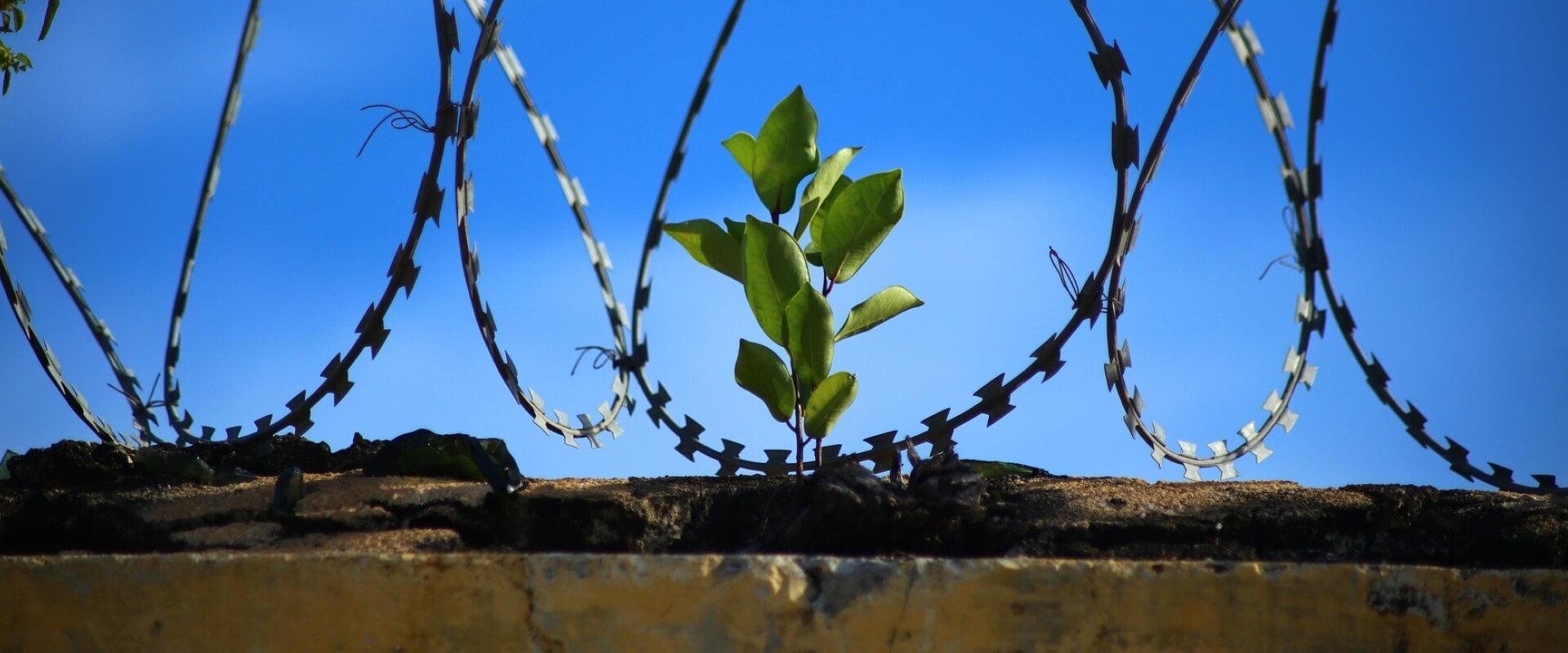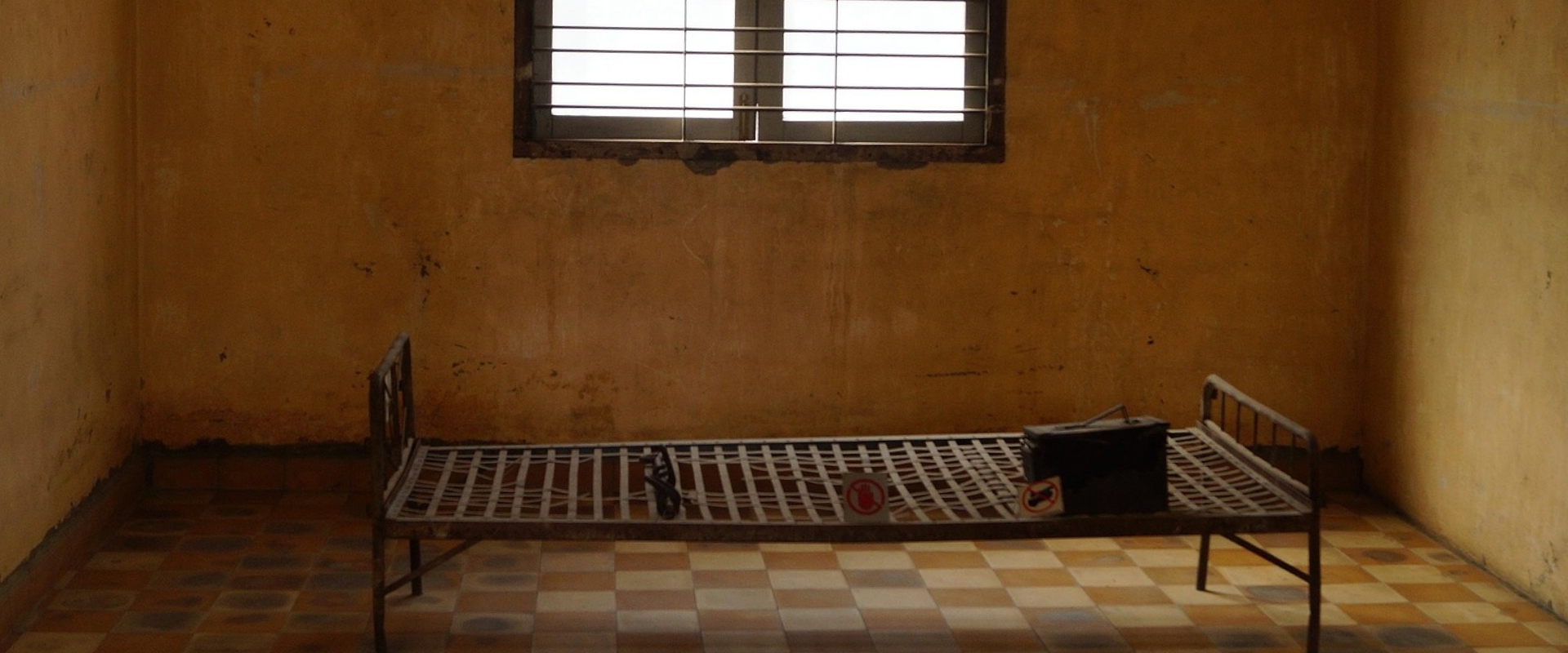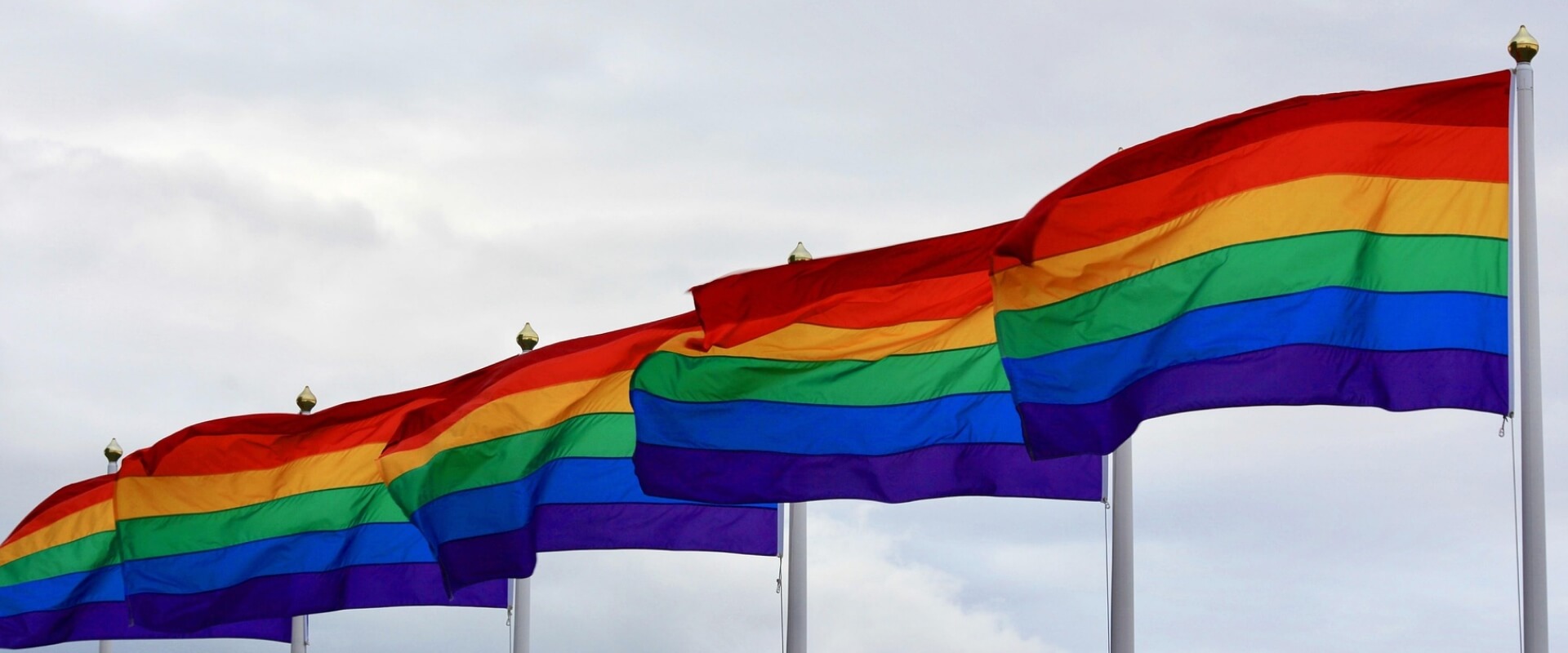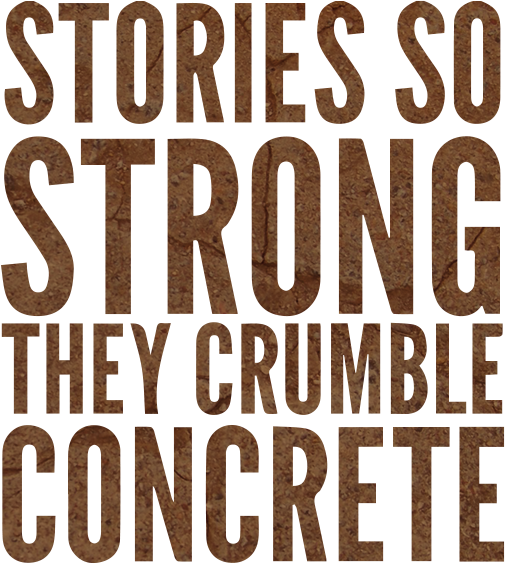
Professor Ann Russo, director of Women and Gender Studies at DePaul University, provides an overview of the debates waging in the feminist and women’s movements over the vocabulary and perspective used to address prostitution. She discusses how her own experience as a survivor of sexual violence has contributed to her research and activism on the issue of violence against women. In this interview, Professor Russo unpacks many of the complex theoretical conversations about the sex trade and also suggests policy changes and grassroots efforts that could lead to the de-stigmatization of women involved in the sex trade.
prostitution sexual-violence
'Our Bodies Are Not a Sacrifice': Prostitution, Criminalization and Incarceration of Women
by Kari Lyderson

This article examines prostitution in Chicago through recent studies, criminal justice statistics, and the stories of two women who left prostitution. The impact of gentrification, race, class, and gender on policing is examined through a discussion of the geography of prostitution arrests in Chicago.
prostitution racism sexual-violence
Life In Hell: In California Prisons, An Unconventional Gender Identity Can Be Like An Added Sentence
by Tali Woodward

This article by Tali Woodward discusses the sexual assault of trans women and gender-variant people housed in men’s prisons, as well as the efforts of trans women housed in the California Medical Facility in organizing against sexual violence.
activism sexual-violence transgender

In this panel presentation, that occurred as a part of Voices in Time, Lives in Limbo, People’s Law Office attorney Joey Mogul provides troubling examples of the manipulation of gender stereotypes by prosecutors in order to sentence women to death. As 40% of women on death row are or have been accused of being a lesbian, Mogul offers a compelling argument regarding how the defeminization and consequent dehumanization of women defendants can lead to harsher sentences.
gender sexuality

Colorado prisoner Krystal Voss tells about the invasive strip search policy at the Denver Women’s Correctional Center. During routine strip searches, women are required to spread their labia to allow staff to search for contraband.
activism guard-prisoner-relations personal-narrative prison-life prison-industrial-complex sexual-harassment

Since the looming demise of male searches became public knowledge here, male guards have been doing them more than ever. Guards who rarely search much now command, “Hey, get over here! Let me pat you down.” Why? Because they can. A virtual concentration-camp system has materialized in California and elsewhere, out in the middle of nowhere, erecting these prisons out of sight and out of mind.
gender public-policy racism sexuality

Eight years ago, Congress acknowledged the brutal fact of systemic sexual assault behind bars by unanimously passing the Prison Rape Elimination Act (PREA). The Justice Department is now poised to issue final rules to implement the law, which makes federal funding to prisons and jails contingent on improved staff training, availability of medical and psychological services for people who suffer sexual assault, investigations and publicly available data about reported assaults.
court-advocacy guard-prisoner-relations health immigration movement-building prison-life prison-industrial-complex sexual-violence state-violence

Sara Kruzan was 16 years old when she was charged with killing her 31-year-old pimp, a man who had been grooming her since she was 11 years old and trafficking her since she was 13. Now 32, Sara has grown up in prison. Her clemency petition has been submitted to Gov. Schwartzenegger. Rachel Lloyd talks about Sara’s case and the importance of the Trafficking Victims Protection Act. Sign the petition to support Sara’s release.
activism prostitution sexual-violence state-violence

This report by the Iran Human Rights Documentation Center documents the ordeals of five former prisoners who were raped, and witnessed and were threatened with rape while in Irianian prisons.
Sex Workers File Civil Rights Suit Against Louisiana’s 'Crime Against Nature' Law
by Jordan Flaherty

The third week of February, attorneys from New Orleans-based and national organizations brought a federal civil rights complaint against Louisiana's 205-year-old "crime against nature" statute, a law designed to penalize sex acts associated with gays and lesbians. The law, as enforced, specifically singles out oral and anal sex for greater punishment for those arrested for prostitution, including a requirement that those convicted register as sex offenders in a public database. A policy brief on the "crime against nature" statute, compiled by Women With a Vision, can be found here. This story was originally published at truthout.

The following selection is excerpted from "Caging Deviance," a chapter in Queer (In)Justice: The Criminalization of LGBT People in the United States. The authors highlight the specific instances in which the penal system punishes gender nonconformity and queerness not only through disciplinary prison regulations, but the denial of health care to queer inmates, particular those living with HIV/AIDS.

